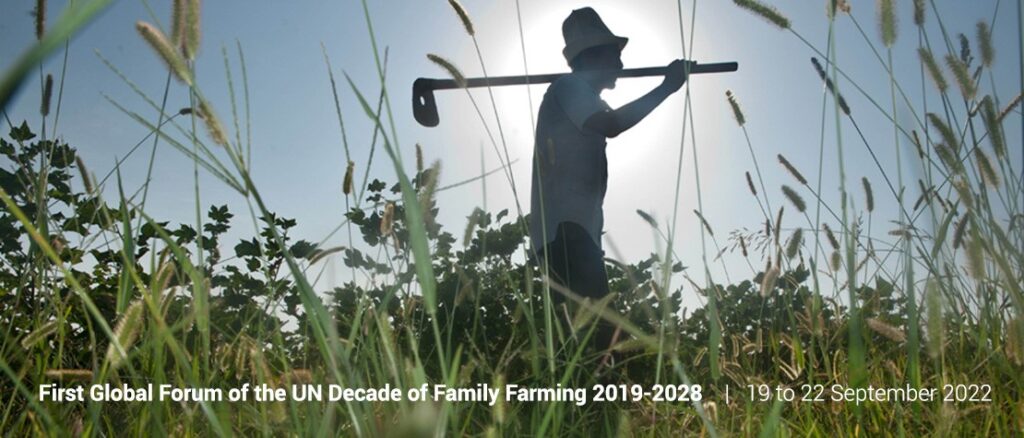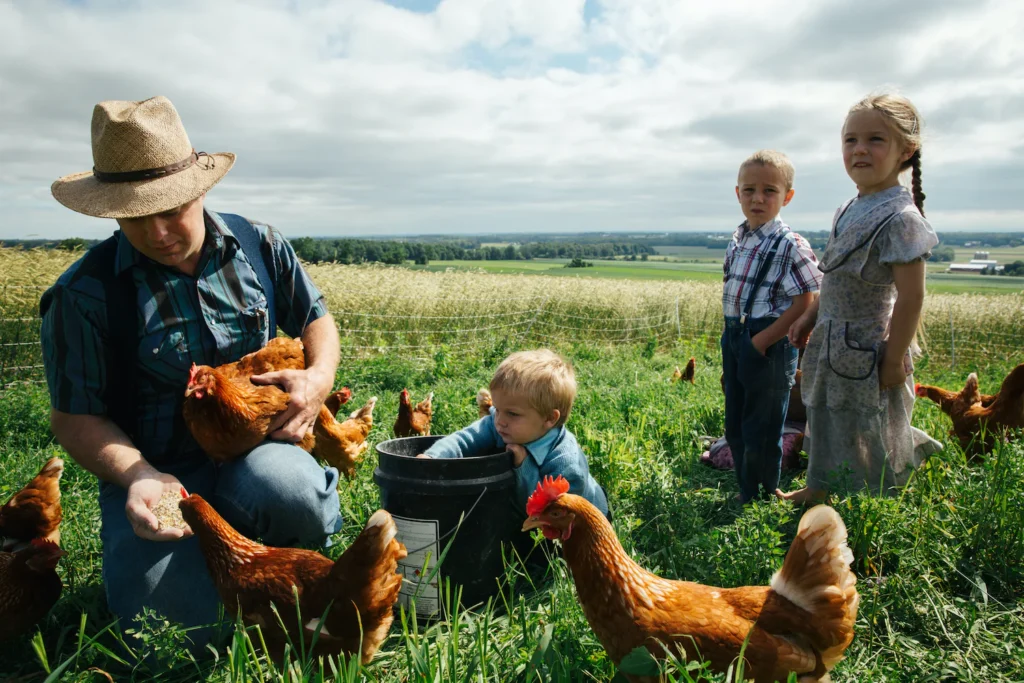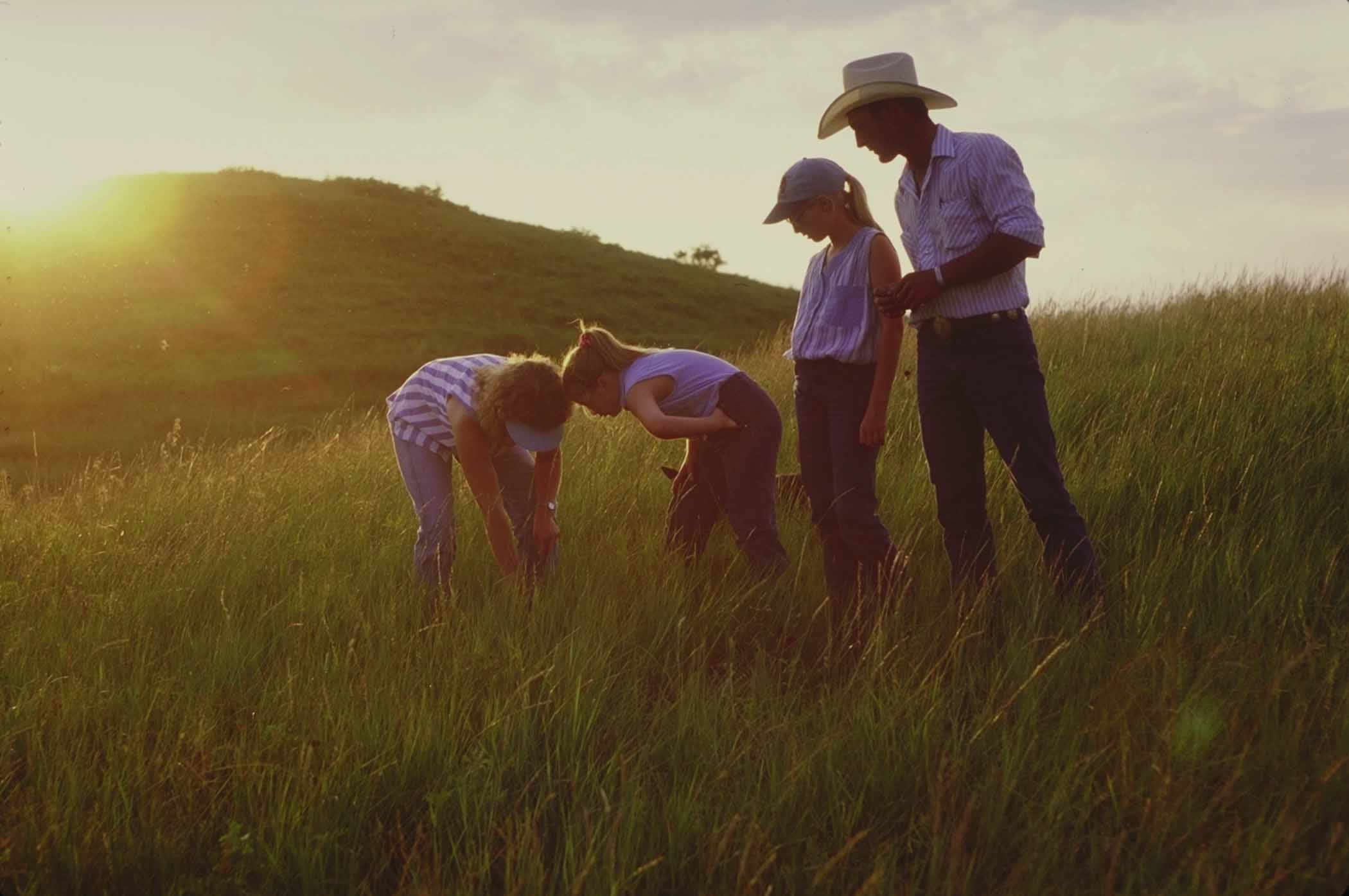Food & Climate
Family farmers provide most of the world food, so, the UN organizations make efforts to mobilize $ 10 billion to invest in rural people over the next three years.
Today, the Food and Agriculture Organization of the United Nations (FAO) and the International Fund for Agricultural Development (IFAD) launched the Global Family Farming Forum, celebrating the essential role of family farmers in building sustainable agrifood systems and tackling the impacts of the climate crisis, while identifying ways to better support them, according the statement that “Food & Climate” platform received.
Over three days, family farmers, alongside government officials, researchers and experts, will be at the forefront of discussions on how to drive progress in achieving food security and sustainable development. Marking the halfway point of the United Nations Decade of Family Farming (UNDFF) 2019-2028, the event being held at FAO’s headquarters on the sidelines of the World Food Forum 2024, will showcase policy innovations and successful experiences from around the world.
Family farmers provide 80% of our food
“Family farmers “provide most of our food – which amounts to 70 to 80% globally, in value terms,” FAO Director-General QU Dongyu said at the launch event.
“Family farmers are the people that know best the realities of working the land, handling animals, the ocean and the forests. Their voices and perspectives are vital to our discussions during this week.”
“They need financial services, they need new technologies, they need new channels to access markets…together we need to work on that,” the Director-General said.
“Family farmers – who are on the frontline of a multitude of crises – are bearing the brunt. Yet, they also hold the knowledge and experience to drive meaningful change. It is our responsibility to support and empower them, ensuring they remain central to the solutions we pursue,” said Gérardine Mukeshimana, IFAD’s Vice-President.

She also emphasized that IFAD ambitions to mobilize $ 10 billion to invest in rural people over the next three years, and improve agricultural productivity, strengthen resilience, increase incomes, both on and off the farm and support rural entrepreneurs to develop businesses and create jobs.
In his welcoming remarks, Limber Cruz Lopez, Minister of Agriculture of the Dominican Republic, called on governments to prioritise investment in family farming particularly in technology which he said could “radically transform the production capacity of small farmers… and also their quality of life.”
Cardinal Mauro Gambetti, Vicar General of His Holiness for Vatican City, Archpriest St. Peter’s Basilica and José Graziano da Silva, Director-General, Instituto Fome Zero, and former FAO Director-General also participated in the opening ceremony.
Participants at the Global Family Farming Forum will explore priority areas such as innovation, investment, gender equality, and equitable access to land and natural resources and delve into topics including climate resilience, public policy innovations and diversified market opportunities for family farmers.
What is Family Farming?
Family farming, with over 550 million farms worldwide, is the backbone of food production, accounting for over 90% of all farms. Family farmers, especially in low-and middle-income countries, grow diverse, nutritious food, support crop biodiversity and manage natural resources responsibly. Beyond ensuring global food security, they also preserve rural communities, cultural heritage and natural resources.
Thanks to highly adaptable agricultural practices rooted in local knowledge and without heavy reliance on major external inputs, family farmers help to enhance soil health, boost productivity, and increase resilience to climate impacts.
Despite the significant role of family farmers in producing food for a large proportion of the global population, their livelihoods remain precarious.
A majority live in rural areas where nearly 80 percent of the world’s poor and food insecure live. They face many difficulties in accessing productive resources, market opportunities, and essential services. For women, these obstacles are even greater, hampering their productivity and affecting the broader agrifood system, perpetuating poverty and hunger. Besides farming, family farmers take on multiple, often informal, economic activities to contribute towards their small incomes.
FAO and IFAD lead the implementation of the United Nations Decade of Family Farming (UNDFF) 2019-2028, which aims to develop, improve and implement public policies and investments in support of family farming, unleashing the transformative potential of family farmers to contribute to the transformation of agrifood systems and to achieving the Sustainable Development Goals (SDGs).

Family farmers are also central to IFAD’s work. The only UN Fund that focuses exclusively on rural areas has provided significant financial and technical support to the UNDFF, as well as in-kind support through their technical specialists.

